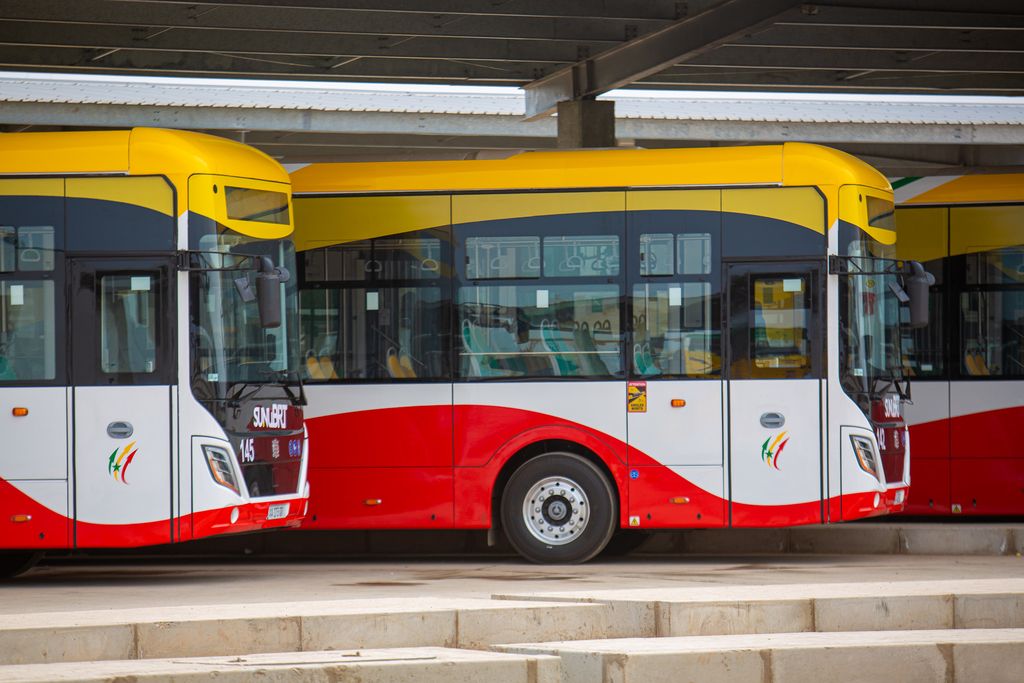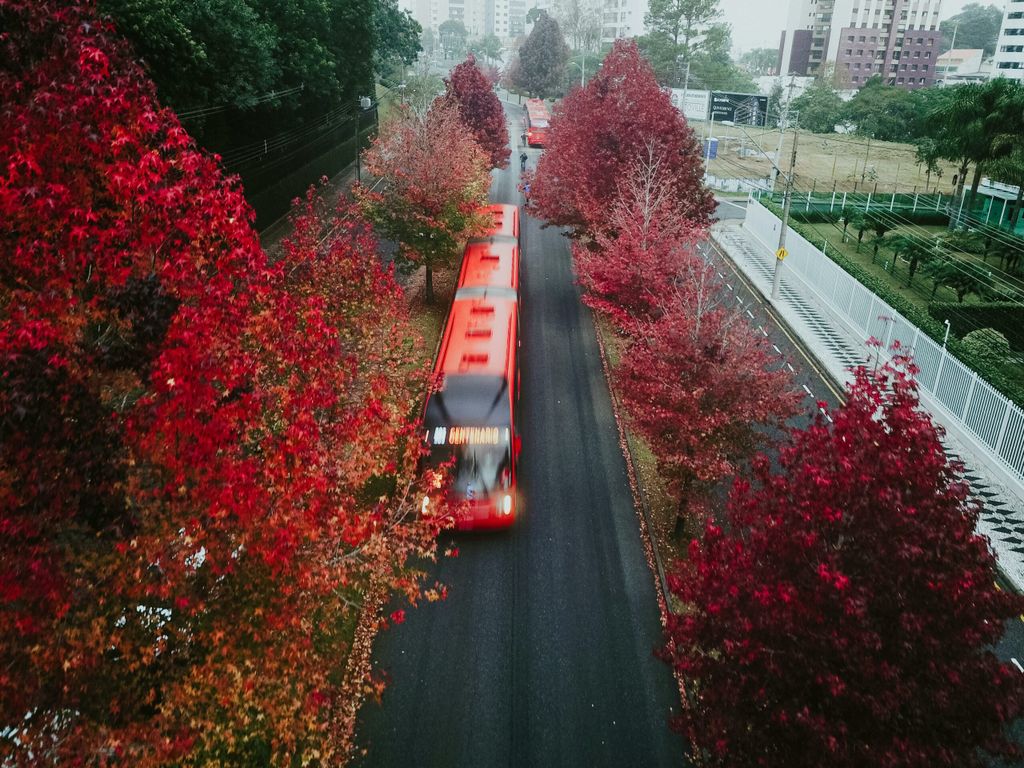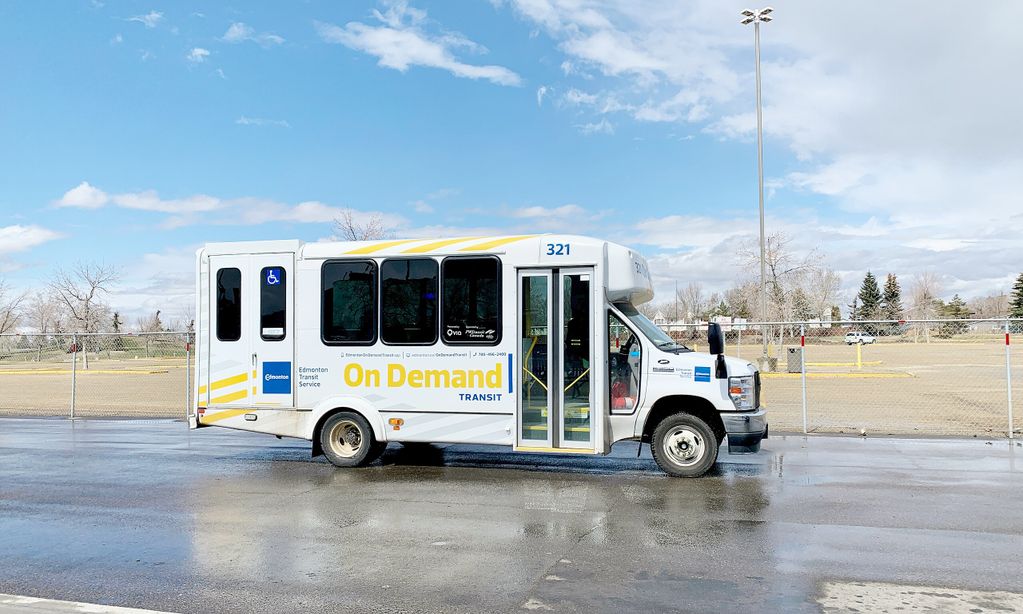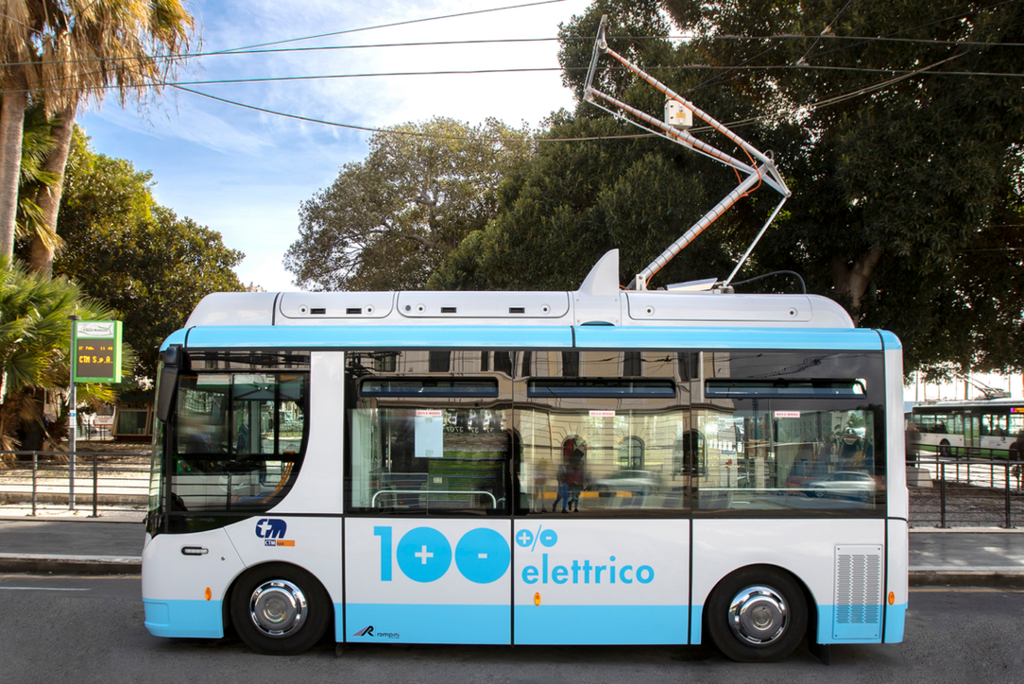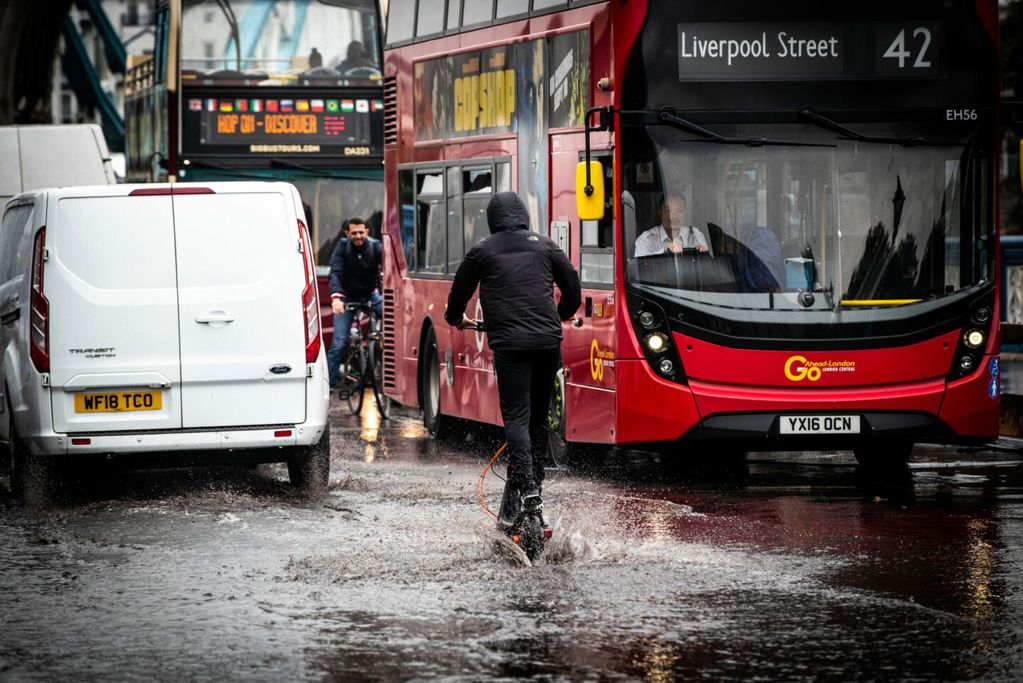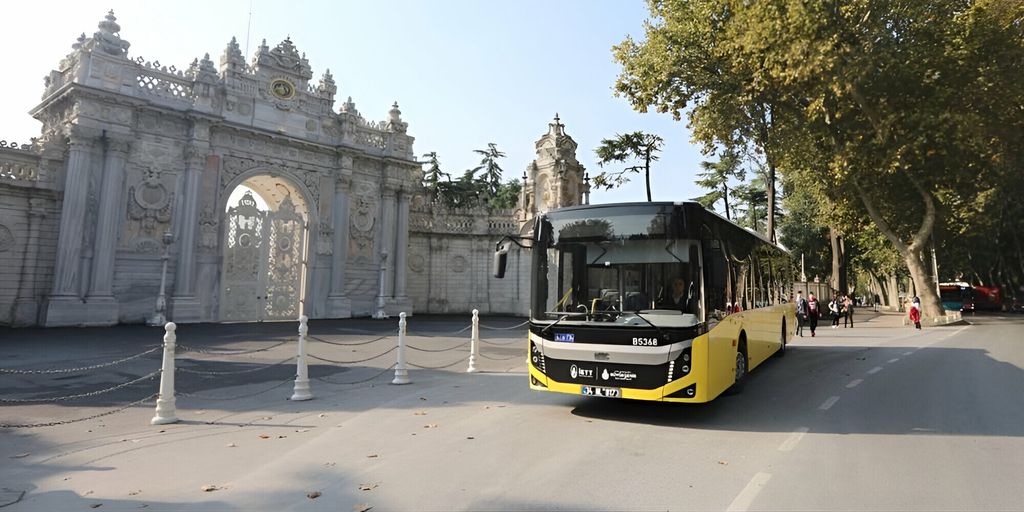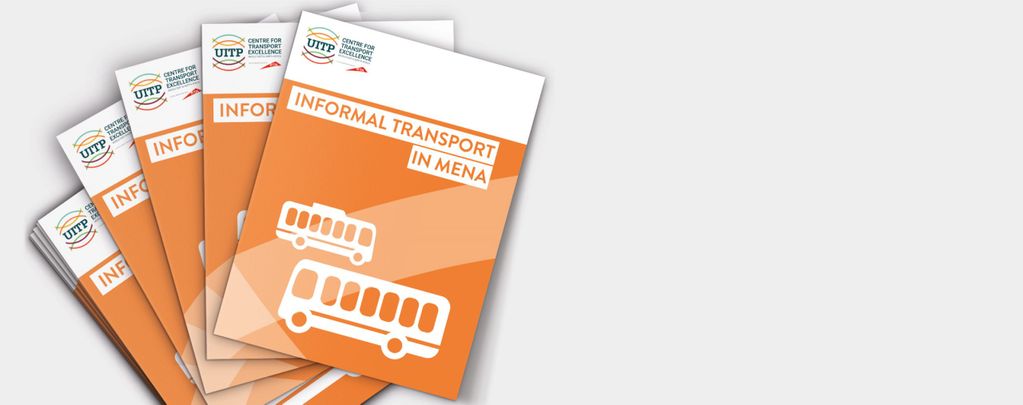
Informal Transport in MENA
UITP MENA CTE has just released the report on Informal Transport in MENA, which looks at the subject through four in-depth case studies covering the cities Amman, Beirut, Cairo and Dubai. The aim of the report is to highlight examples and experiences to better understand Informal Transport in the MENA region, and to propose ways of integration into formal transport services.
The dominance of Informal Transport in the modal share of most developing cities in the region presents a challenge to public and private transport operators as well as policy makers, while simultaneously supporting large population segments, mostly low-income groups, with vital services.
Sometimes referred to as “paratransit” or “low-cost transport”, Informal Transport usually follows variable routes and adaptive scheduling on small-to-medium-sized vehicles. With a typically semi- to non-skilled labour force, informal transport services are subject to minimal enforcement. This usually results in inconsistent service reliability and in failure to meet standard quality and safety requirements. Consequently, such disorganised modes of transport are not on par with customer needs and expectations, and may even threaten the development of formal transport projects such as BRT and LRT.
Understanding the organisational framework and analysing its stakeholders is crucial before attempting integration of informal transport. In some cities, the size of informal transport operations cannot be ignored. Even though it may pose challenges for transport authorities and policy makers by occasionally competing with formal transport operators, informal transport does actually fill a market gap, and may not easily be replaceable in the short-term. As a result, public transport authorities need to consider ways of dealing with informal transport to combat congestion, improve road safety and ultimately increase quality of life.
The report highlights how Dubai, as one of the fastest growing cities in the world, had to meet the rapidly increasing demand for transport. With strong political will and financial support, Dubai has managed not only to formalise the informal taxi industry, but also make it financially viable and sustainable. For Amman, Beirut and Cairo, the situation was more challenging given the regulatory inconsistencies and lack of necessary resources to implement reforms.
The report lastly lays out guidelines on how to tackle informal transport by understanding current operations to transforming paratransit services through BRT systems and enabling regulatory and structural reforms.
Read the Report on MyLibrary (members only)
Non-members can request a copy by contacting [email protected].
exclusive resources




